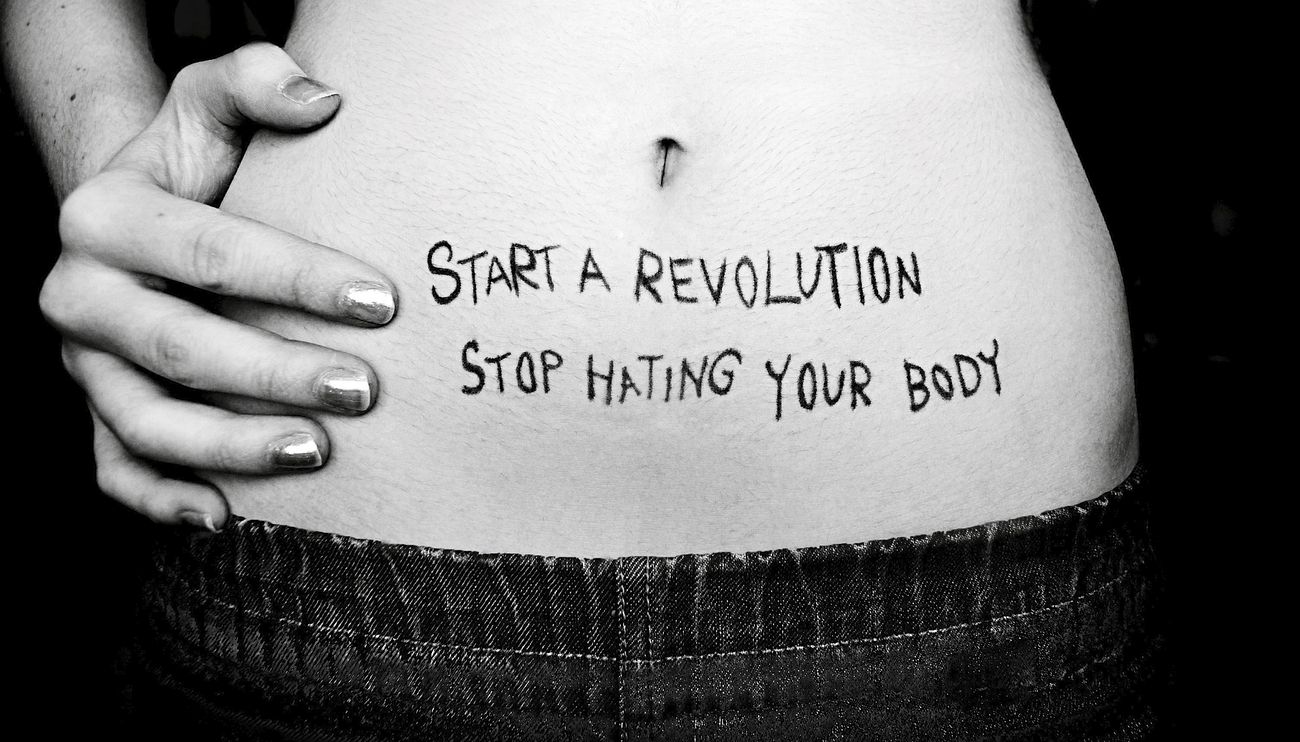Embrace Your Plus Size Body
It can be hard to accept yourself when society tells you that you’re not good enough. But remember that true beauty is power, and you can find that power within yourself. Here are some tips to help you embrace your plus size body and feel confident:
1. Avoid exclusionary stores. Everyone deserves access to fashionable clothing, so don’t let stores that don’t carry your size stop you from feeling your best. Instead, find shops that specialize in plus size clothing and celebrate the variety of sizes and shapes.
2. Forgive yourself for those extra pounds. Don’t focus on what society tells you is the “ideal” body type – instead, focus on being kind to yourself and loving the body you have now. Push away any negative thoughts that may cause stress, anxiety, and lowered self-esteem.
3. Surround yourself with positive people. Spend time with people who empower and encourage you to feel confident about your body type – this will help keep trolls and negative comments at bay.
4. Look for inspiring images of plus size beauty online. If you’re plus-size, start inundating yourself with images of plus-size people being happy, confident, sexy, and on display. This will help reinforce the idea that beauty comes in all shapes and sizes!
5. Use cognitive distortions to challenge negative thoughts about yourself when they arise. Remind yourself of the facts – nobody is perfect! – rather than believing every thought that crosses your mind as absolute truth.
6. Mindfulness can also be a great tool for self-acceptance. When you notice negative thoughts arising in your mind, take a few deep breaths and focus on being in the present moment instead of dwelling on the past or worrying about the future.
By following these tips, you can learn to appreciate your body for all it has done for you through the











